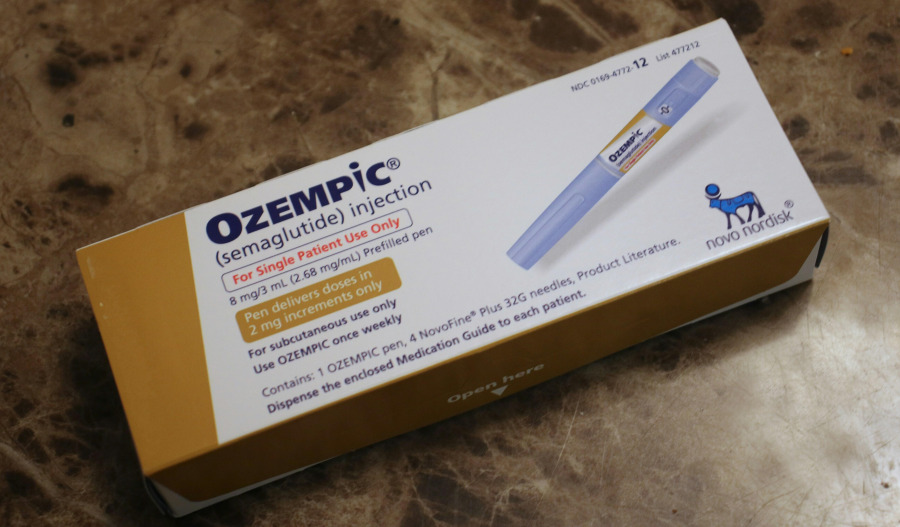The Novo Nordisk share price dived to a four-year-low after the failure of Alzheimer’s disease drug trials.
The Danish-based pharmaceutical company said the two years of trials showed semaglutide did not help slow the progression of the brain-wasting disease in the 3,808 adults aged 55 to 85 who were enrolled.
Novo Nordisk (CPH: NOVO-B) shares closed 17.65 Danish kroner (5.79%) lower at 287.00 kroner, capitalising the company at 1.03 trillion kroner (US$154 billion), after earlier dropping to a four-year low of $266.90.
The company said the evoke and evoke+ trials did not confirm the superiority of semaglutide versus placebo in the reduction of progression of Alzheimer’s disease.
“While treatment with semaglutide resulted in improvement of Alzheimer’s disease-related biomarkers in both trials, this did not translate into a delay of disease progression,” Novo Nordisk said in a company announcement.
Chief Scientific Officer and Executive Vice President of Research and Development Martin Holst Lange said the company felt a responsibility to explore semaglutide’s potential, based on the significant unmet need in Alzheimer’s disease as well as a number of indicative data points, and despite a low likelihood of success.
“We are proud to have conducted two well-controlled phase 3 trials in Alzheimer’s disease that meet the highest standards of research and rigorous methodology,” he said in the announcement.
The failure of the trials means the company will not exercise its option for a one-year extension of the trials.
Semaglutide is the active ingredient in Novo Nordisk’s diabetes and obesity drugs Ozempic and Wegovy.
The trial was being closely watched as an indication of whether GLP-1 drugs like these, which are used by millions for diabetes and weight loss, might slow disease progression.
“While hopes were not high for a positive readout, potential success had perhaps kept some in the name, with this result removing a near-term upside scenario,” Jefferies analysts wrote in a note on Monday.
Alzheimer's disease is the most common cause of dementia, a term that refers to memory loss and other cognitive abilities serious enough to interfere with daily life.



